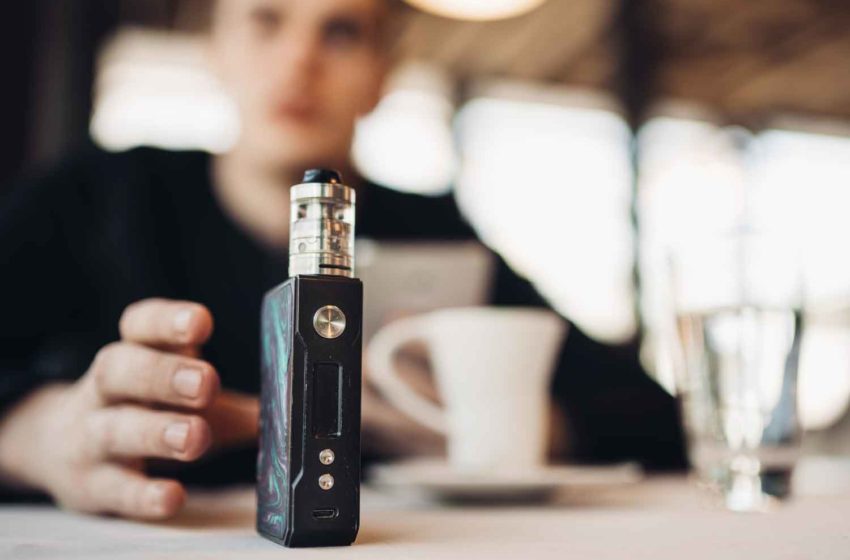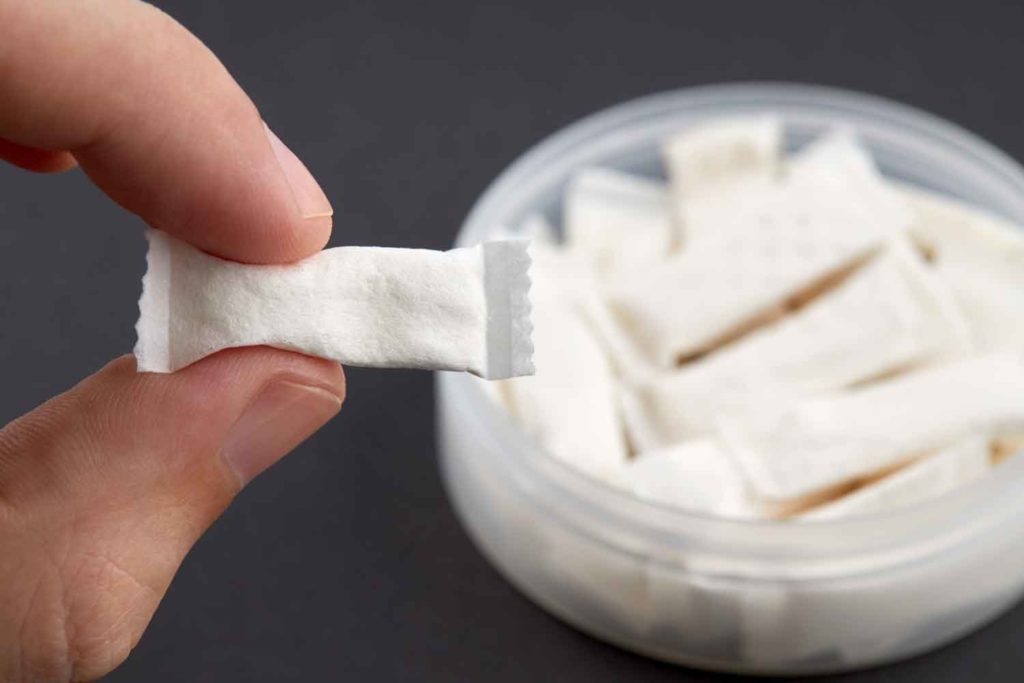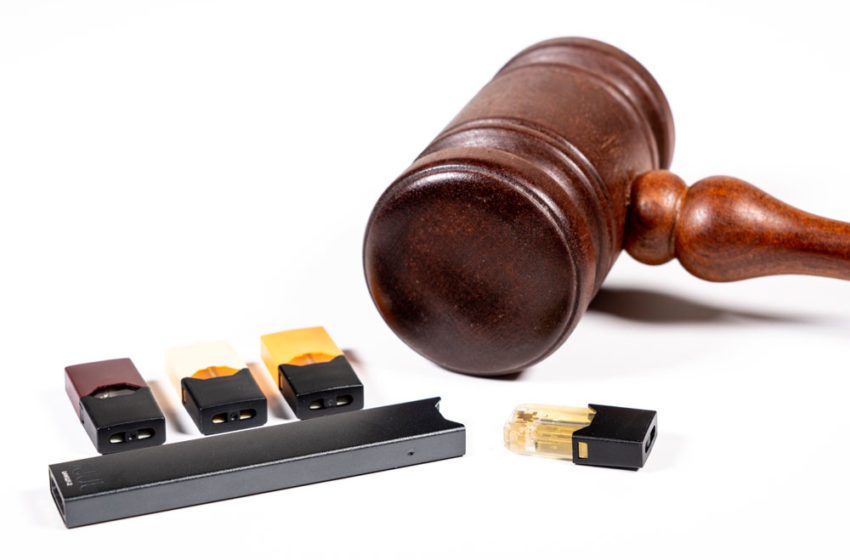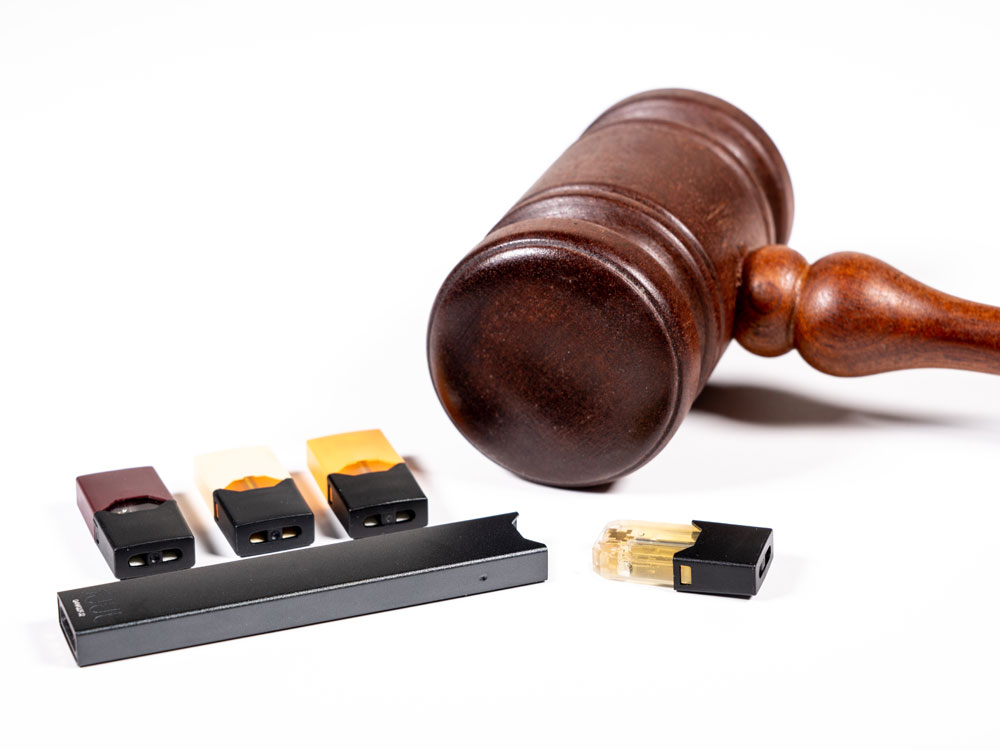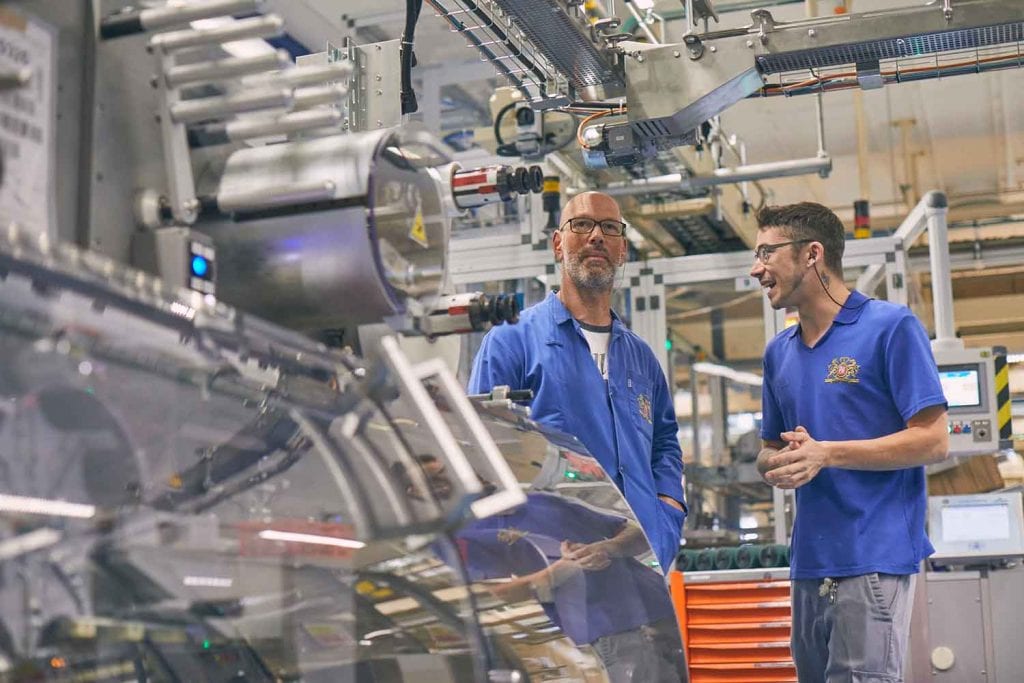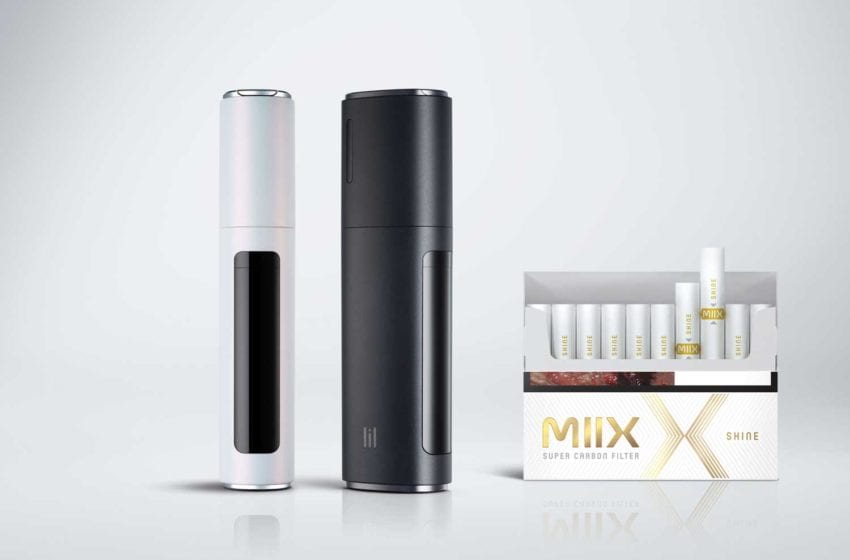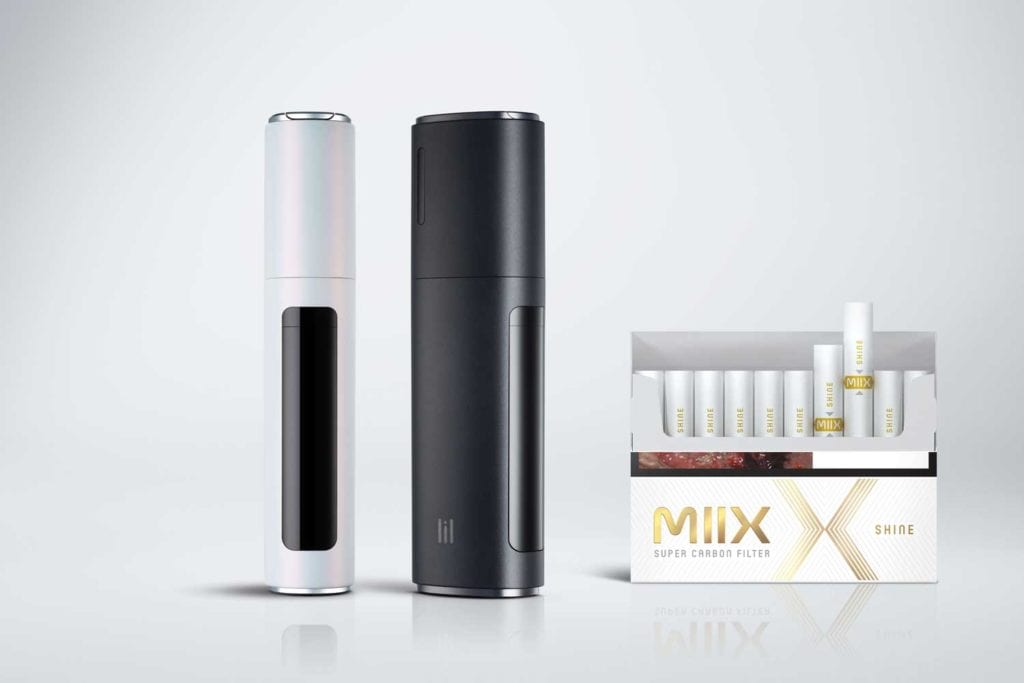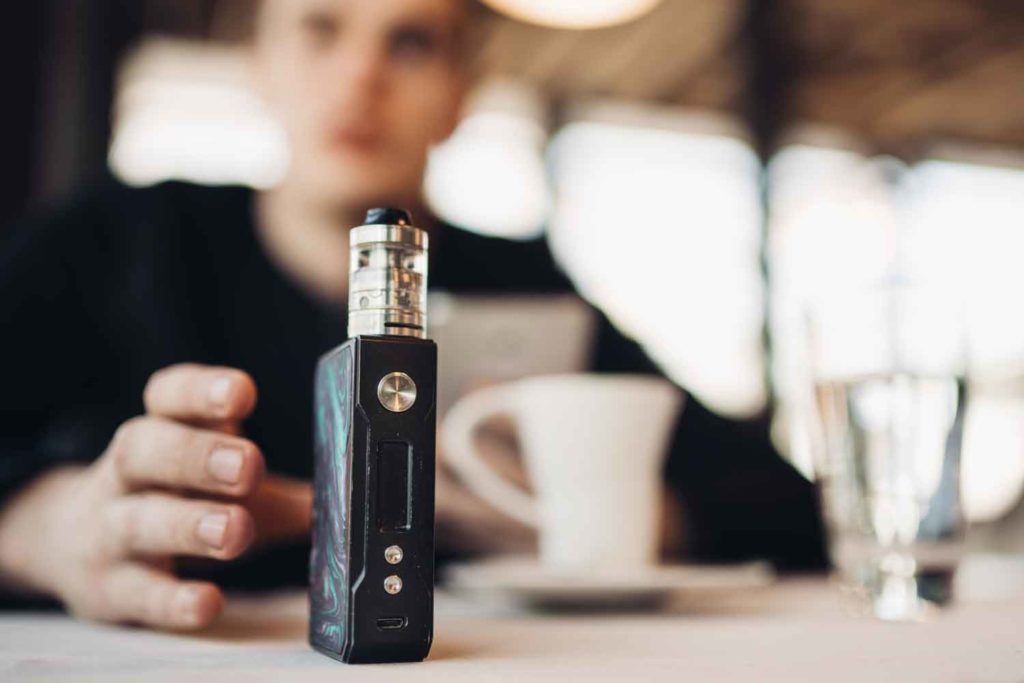
The number of vapers has increased significantly worldwide, according to the latest research from the Global State of Tobacco Harm Reduction (GSTHR).
A new peer-reviewed paper published this week in Drugs, Habits and Social Policy estimates there are now 82 million vapers worldwide. The GSTHR project, from the U.K. public health agency Knowledge Action Change (KAC), found that the 2021 figure represents a 20 percent on that for 2020.
According to KAC, vaping is a significantly safer alternative to smoking. “Each year, there are 8 million smoking-related deaths worldwide,” the organization wrote in a press note. “The growth in the number of vapers, most of whom will have swapped smoking for vaping, is therefore a hugely positive step in efforts to reduce the harms of combustible cigarettes and hasten the end of smoking.”
The new study comes shortly after the U.K. government announced its Swap to Stop scheme, which aims to give 1 million smokers a free vaping starter kit to help them quit smoking. According to KAC, the U.K.’s permissive vaping laws have helped drive smoking to its lowest level on record.
“The U.K.’s support of vaping for tobacco harm reduction is in sharp contrast to the situation in many countries, however,” KAC wrote. “GSTHR data shows that vapes are banned in 36 countries, and in a further 84 countries there is a regulatory and legislative vacuum. Millions of smokers who want to switch to much safer vaping cannot do so, or may be forced to purchase potentially unsafe products on black or grey markets, due to bans, or poor or non-existent product regulation.”
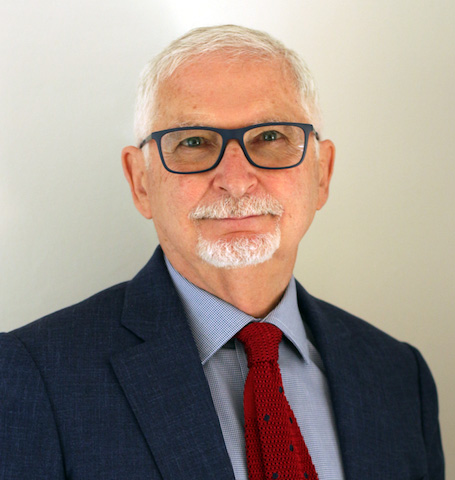
The updated Global State of Tobacco Harm Reduction estimate suggests that there are now 82 million people worldwide who vape, proving that consumers find these products attractive.
Gerry Stimson, director of KAC and emeritus professor at Imperial College London
The GSTHR research shows that despite restrictive regulations or bans in many countries, increasing numbers of people are choosing to switch to safer alternatives to combustible tobacco. “Along with other countries like New Zealand, the U.K. offers strong evidence that positive government messaging about vaping for tobacco harm reduction can hasten reductions in smoking prevalence,” wrote KAC. “But an international meeting on tobacco control later this year could jeopardize global progress on reducing smoking-related death and disease through tobacco harm reduction,” the public health agency added, referring to the meeting of the parties to the World Health Organization’s Framework Convention on Tobacco Control scheduled for November in Panama City.
The WHO remains opposed to the use of safer nicotine products for smoking cessation, despite supporting harm reduction in other areas of public health such as substance use and HIV/AIDS prevention.
“The updated Global State of Tobacco Harm Reduction estimate suggests that there are now 82 million people worldwide who vape, proving that consumers find these products attractive,” said Gerry Stimson, director of KAC and emeritus professor at Imperial College London. “As evidenced in the U.K., millions are making the switch from smoking. Safer nicotine products give the world’s 1 billion smokers the chance to quit using alternatives that pose significantly fewer risks to their health.”

